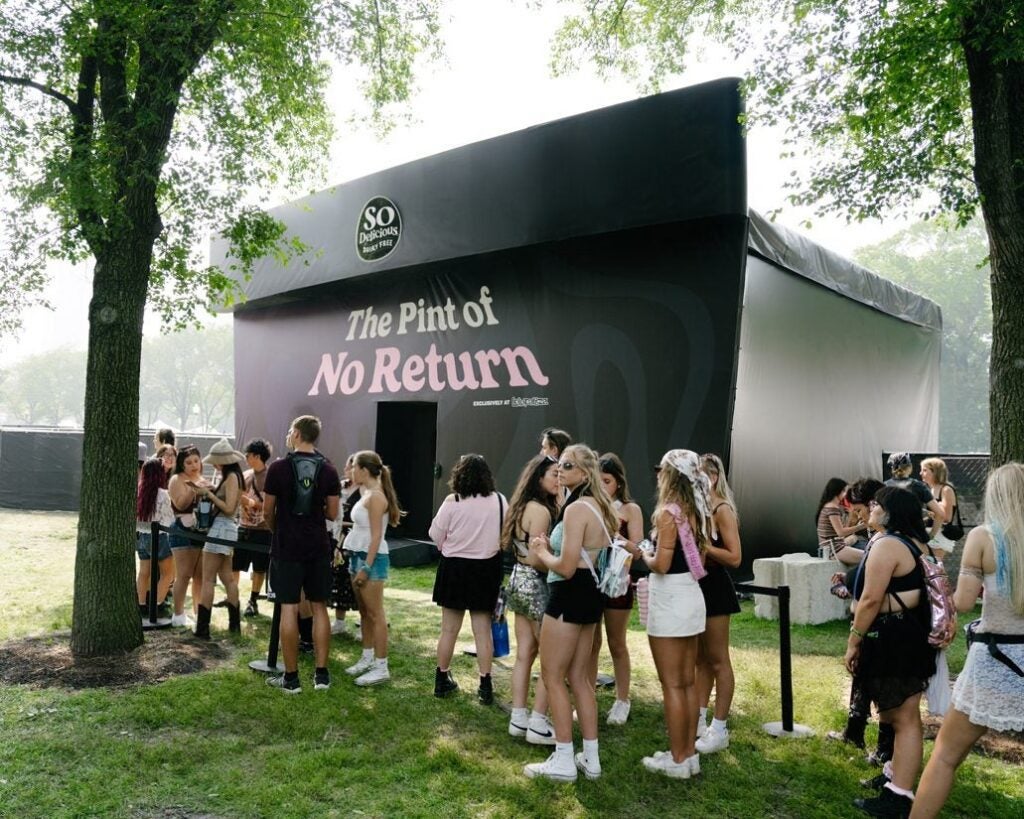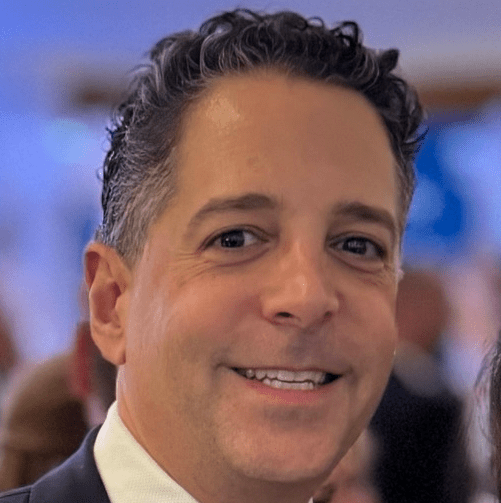If you’re driving around Los Angeles or New York anytime next month, you might see ads that depict images of suicide, such as people electrocuting themselves or leaping from bridges.
If all goes as planned, octagonal-shaped posters designed to look like street signs will be hung on billboards and bus shelters, up in trees and attached to poles. The suicidal character shown in the posters is modeled after the flashing “walk” figure that lights up at street intersections.
It’s all part of a plan to market the indie film “Wristcutters: A Love Story,” about an afterlife for those who commit suicide. It’s described as a “darkly comic tale” that follows a trio of lost souls.
Some don’t see the comedy in staging such a promotion.
More than a dozen suicide-prevention groups have been pressing Courtney Solomon, owner of After Dark Films and the movie’s distributor, to halt the campaign since they caught wind of the plans in March.
So far the groups have sent two letters expressing concern that portrayals of suicide pose the danger of copycat actions. The target audience for the film, 18- to 30-year-olds, also causes them worry.
Suicide is the third-leading cause of death among young people. One person commits suicide every 16 minutes in this country. Of the 32,000 suicides each year, 4,000 are under age 24. Another 1.4 million make an attempt, according to Jerry Reed, executive director for the Suicide Prevention Action Network, who’s heading the effort to stop the promotion.
“Wristcutters” was supposed to open in theaters Aug. 31. Solomon says he moved the opening to Oct. 19 so he could conduct screenings, filmmaker appearances and other promotions on college campuses as classes get under way.
Suicide is the second-leading cause of death among American college students. Even more startling, one in every 12 students has made a suicide plan, Reed says.
The $2 million to $4 million effort initially called for depictions of people hanging themselves. Now even Solomon seems to think that’s a bad idea and is considering adding the tag line “Don’t do it” to every poster.
Solomon had yet to respond to the suicide-prevention groups, but says he intends to meet with them and will consider their thoughts.
But he also says he has a job to do.
The audience for “Wristcutters,” which is rated R, has a penchant for films like the horror movie “Saw” and “Hostel,” with its brutal scenes of torture, violence and strong sexual content.
Thus far, “Wristcutters” is not without its fans, albeit among film festival goers and indie aficionados. It debuted at the 2006 Sundance Film Festival and went on to win other honors and nominations.
One might think that After Dark Films would’ve taken a lesson from the uproar caused by General Motors and Volkswagen earlier this year when they aired TV spots with suicide scenes. Following a public outcry, the companies edited the ads to eliminate the references. Had the damage already been done? GM’s commercial aired during the Super Bowl — an audience of some 93.1 million.
This isn’t the first time After Dark Films has run into trouble with its marketing.
The Motion Picture Association of America suspended rating After Dark’s controversial film “Captivity” for 30 days when offensive ads hit the streets without its approval.
The MPAA already rejected a theatrical trailer for “Wristcutters.” That clip showed a child with a rope around its neck and minors using alcohol. Also disapproved was a piece of art showing a slashed wrist, says MPAA spokeswoman Kori Bernards.
Marketers have a responsibility not to be irresponsible. Especially when it comes to enormous public health problems like this one.
Maybe Solomon and his buddies never had a loved one or friend commit suicide. I have: a seemingly happy-go-lucky young journalist who one day turned on the ignition in a car parked in a garage and waited.
Send your comments to Patricia Odell at patricia.odell@penton.com.
 Network
Network

